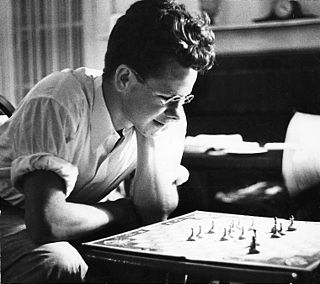A Quote by Vandana Shiva
Given that I was interested in physics, I think it was easier for me to do physics in India.
Related Quotes
It seems that every practitioner of physics has had to wonder at some point why mathematics and physics have come to be so closely entwined. Opinions vary on the answer. ..Bertrand Russell acknowledged..'Physics is mathematical not because we know so much about the physical world, but because we know so little.' ..Mathematics may be indispensable to physics, but it obviously does not constitute physics.
When I was in college, I didn't like physics a lot, and I really wasn't very good at physics. And there were a lot of people around me who were really good at physics: I mean, scary good at physics. And they weren't much help to me, because I would say, 'How do you do this?' They'd say, 'Well, the answer's obvious.'
The thing about physicists is that they tend to think that everything is physics. I don't. That's not what music is to me. You can explain aspects of it in physical terms, including the physics of anatomy: how our bodies move, the torsional moment of inertia, the way you move your body to a beat, the inherent periodicities of the heartbeat, the gait. That's physics, too, I guess - maybe they'd call it biophysics.
I founded an educational software company called Knowledge Revolution. We had the first fully animated physics lab on the computer. You could take ropes, pulleys, balls and anything else you'd use in your physics textbook and the program would allow you to build anything you can think of in a physics lab.
I studied physics at Princeton when I was a college student, and my initial intention was to major in it but to also be a writer. What I discovered, because it was a very high-powered physics program with its own fusion reactor, was that to keep up with my fellow students in that program I would need to dedicate myself to math and physics all the time and let writing go. And I couldn't let writing go, so I let physics go and became a science fan and a storyteller.
I started out in nuclear physics. But after I became more sensitized to the environmental and health implications of the nuclear system - I was being trained to be the first women in the fast-breeder reactor in India (and was in it when it first went critical) - I didn't feel comfortable with it. So I went into theoretical physics.

































